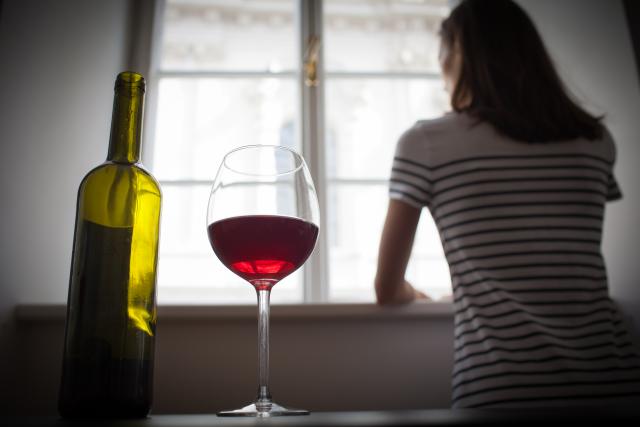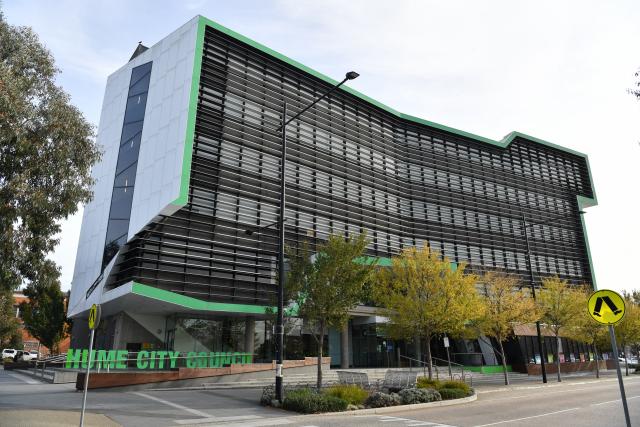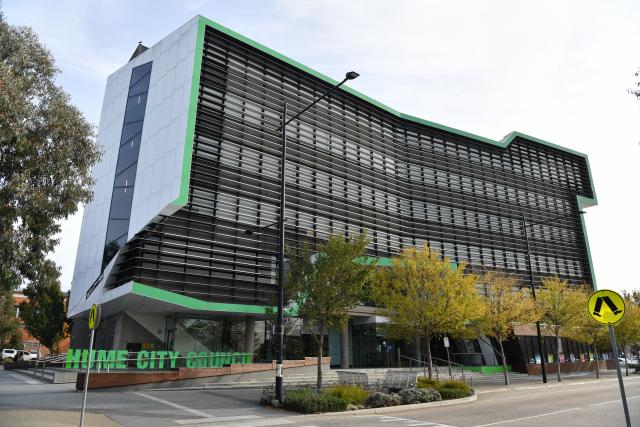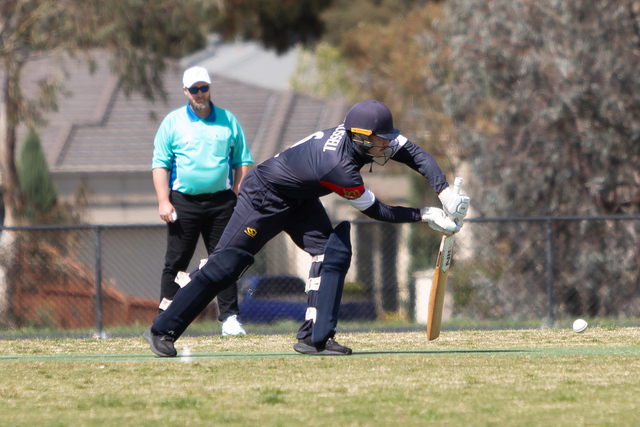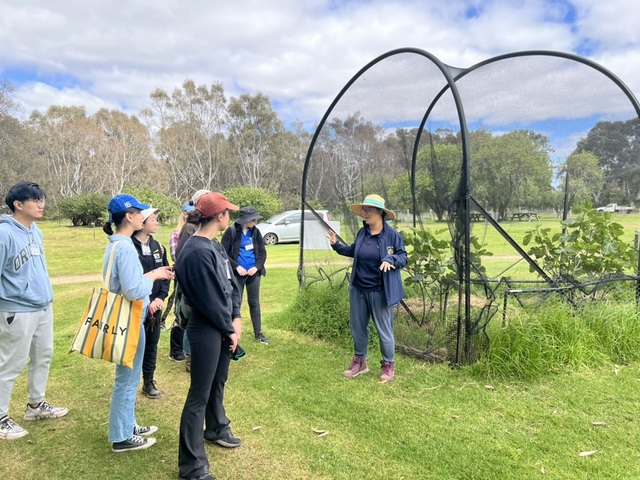The Royal Australian College of General Practitioners (RACGP) has urged government to crackdown on alcohol delivery services, including those in Hume and Whittlesea.
It comes following a survey of 1158 Australian adults who used these services to purchase alcohol. The survey found that one in five used such a service to “extend a home drinking session”, with deliveries arriving in as little as 30 minutes. A third indicated they would have stopped if the option wasn’t available. Those who had used a same-day alcohol delivery service to continue drinking were six times more likely to drink at hazardous levels.
Researchers from the University of New South Wales (UNSW) have also previously warned that buying alcohol online is very easy for underage people and those with alcohol dependency issues. Those researchers found that 60 per cent of online alcohol retailer workers would leave alcohol unattended at an address without verifying age and more than 80 per cent offered discounts for buying larger quantities of alcohol. In addition, they found there was no requirement for delivery drivers to hold a Responsible Service of Alcohol certification.
RACGP President Dr Nicole Higgins said it was high time government acted.
“Enough is enough, this is not making the task of helping people with problematic drinking habits any easier,” she said.
“Ask any GP and they will tell you we care for a lot of people who are having trouble limiting their alcohol intake or quitting altogether and some have serious dependence issues. It is just too easy people to order alcohol on their phone, including late at night and on impulse, and have it delivered to them by someone who is not assessing their intoxication, as retail workers are required to do. The study clearly shows that some of the people using these services would drink less if the service wasn’t available.
“This is the wild west of alcohol retail, and it has clearly gone too far. The regulation of this industry just isn’t up to scratch when you consider that alcohol bought online is often accessible to people aged under 18, those who are intoxicated and people drinking at home who have already been engaged in a prolonged drinking session. The alcohol is cheap and available at almost any time of day after a few taps on the smart phone screen. It’s convenient, but terrible news for efforts to combat problem drinking. I encourage anyone who has alcohol or other drug issues to book an appointment with their GP as soon as you can, we are here to help you.”
RACGP alcohol and other drug spokesperson Dr Hester Wilson said the time to act was now.
“More must be done on this front to help people with problematic drinking issues,” she said.
“The pandemic has led to increased alcohol harm and saw a $3.6 billion increase in alcohol retail revenue between 2019 and 2021. We know that there was an 8.3% increase in the rate of alcohol-induced deaths between 2019 and 2020 and calls to the National Alcohol and Other Drug Hotline have been significantly higher during the pandemic. When you look at people living in lockdown, particularly Victorians who experienced six lockdowns, it’s no wonder so many people significantly increased their drinking and took advantage of online delivery services – some for the first time.
“So, given the situation we find ourselves in, let’s crackdown on these services. The Big Alcohol lobby and retailers will no doubt fight it, but our patients must come first. I’m not out to scold anyone for enjoying a drink but keep in mind that this drug causes significant harm every year in Australia. Even before the pandemic in 2019, there were nearly five alcohol-induced deaths per 100,000 people and in October last year it was reported that the figure was 5.4 deaths per 100,000 people. It’s a legal drug and one that is a fixture of our society and how we socialise, but it causes tremendous harm and suffering.
“Consumption of alcohol, particularly problematic levels of drinking, puts tremendous strain on every level of our health system. That includes hospitals managing people who have suffered harm from the drug and as GPs we see the results of risky drinking in patients almost every day. Alcohol costs Australia almost $67 billion each year, and most of that cost is attributed to early death and lost quality of life. So, I call on government to crackdown on alcohol delivery services as soon as possible. Action is needed and it is needed now.”

